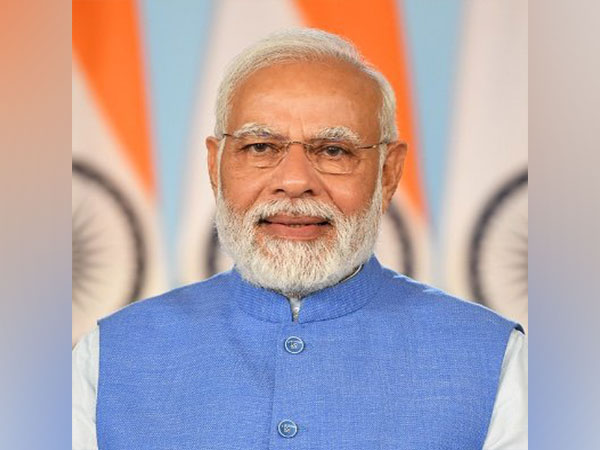
New York: With 89.5 million followers on social media platform Twitter, Prime Minister Narendra Modi is one of the most popular leaders in the world, but, do you know the reason behind his popularity?
According to Mujib Mashal, writing in The New York Times (NYT), his popularity is linked to an old-fashioned radio show, which feeds a vast social media apparatus. Each broadcast of "Mann Ki Baat," which loosely translates as Conversations From the Heart, is scripted for a nation on the ascent, connecting the local with the national and the global. The programme which is aired every month associates PM Modi with every positive happening, big or small, and every solution, tangible or spiritual.
His popularity is not based on the fact that he is the Prime Minister of the world's largest democracy, nor because of the various countries he visits, it's because of the impact he has on those people and obviously, on us, Indians and the policies he drives speaks volume of his legacy.
Once a month, PM Modi walks into a studio set up at his government bungalow and takes his seat behind a microphone and begins his radio show, for which he has recorded over 100 episodes, with a usual greeting in Hindi: "My dear countrymen, hello!"
What follows -- about 30 minutes of PM Modi playing on-air host to the world's most populous nation -- is one way he has made himself intimately omnipresent across India's vastness, exerting a hold on the national imagination that seems impervious to criticism of his government's erosion of India's democratic norms, reported NYT.
On the programme, PM Modi is both a favourite teacher and an empathetic friend, speaking directly to his listeners and selected callers.
He offers advice on managing the stress of school exams, even as he reminds his audience that his educational background is as humble as theirs. He champions water conservation while expressing an awareness of the challenges of village and farm life, said Mashal.
The radio shows, sliced into short clips and blasted through his party's immense social media apparatus, accompanied by text and video, NYT reported.
His role as an on-air talker combines two of his greatest strengths. The first is his deep understanding of India's grassroots.
The other is his populist mastery of storytelling for a digital media sphere where he can effectively communicate his government's popular programmes, from free rations to improved infrastructure, and make virtually any message go viral, said Mashal.
On occasion, he talks about international events where India commands the spotlight, but he most often addresses issues of basic government services, including the delivery of some of life's most rudimentary amenities, like piped water or toilets.
Water scarcity is a frequent subject. "As a responsible citizen and as a member of society, we will have to cultivate the habit of conserving every drop of water," PM Modi said in one episode, before giving the example of a coastal village that has a "200-year-old underground water tank," recharged with rainfall.
Another regular topic is pressure on young people, including exam stress in a country. "I cannot guide you on the tricks to obtain better marks because I consider myself an average student on such issues. I have never scored well in any exams in my life," he said on the programme. "But friends, I am there with you in your moment of crisis."
During the pandemic, PM Modi used one episode to encourage citizens to get vaccinated.
"Come, let us visit a village and speak to people about the vaccine," he told his listeners.